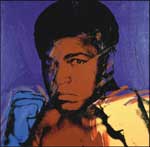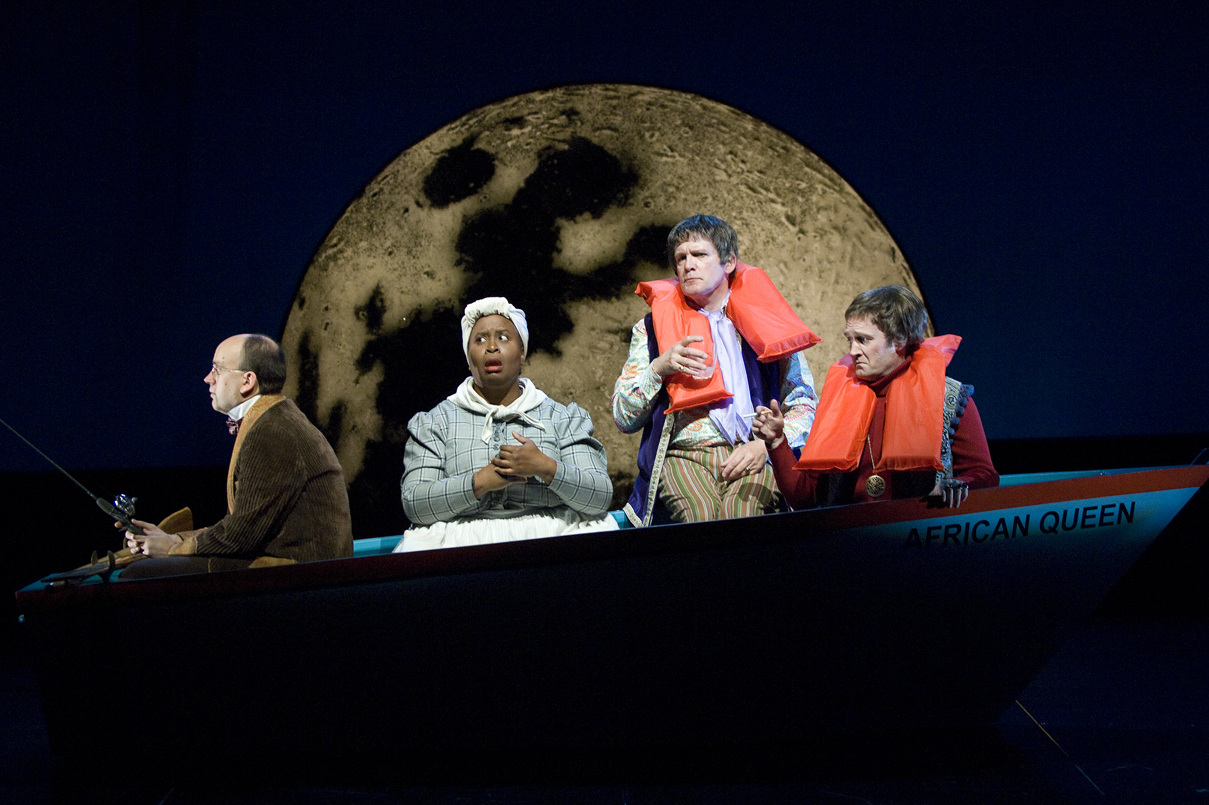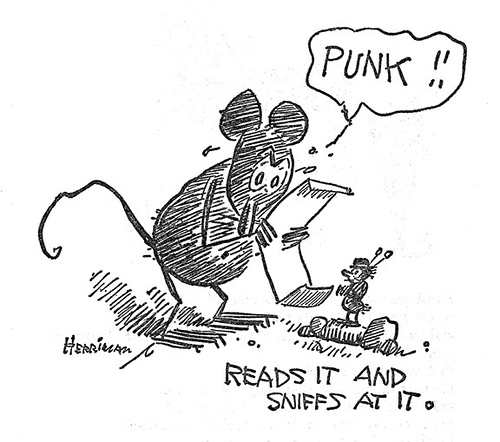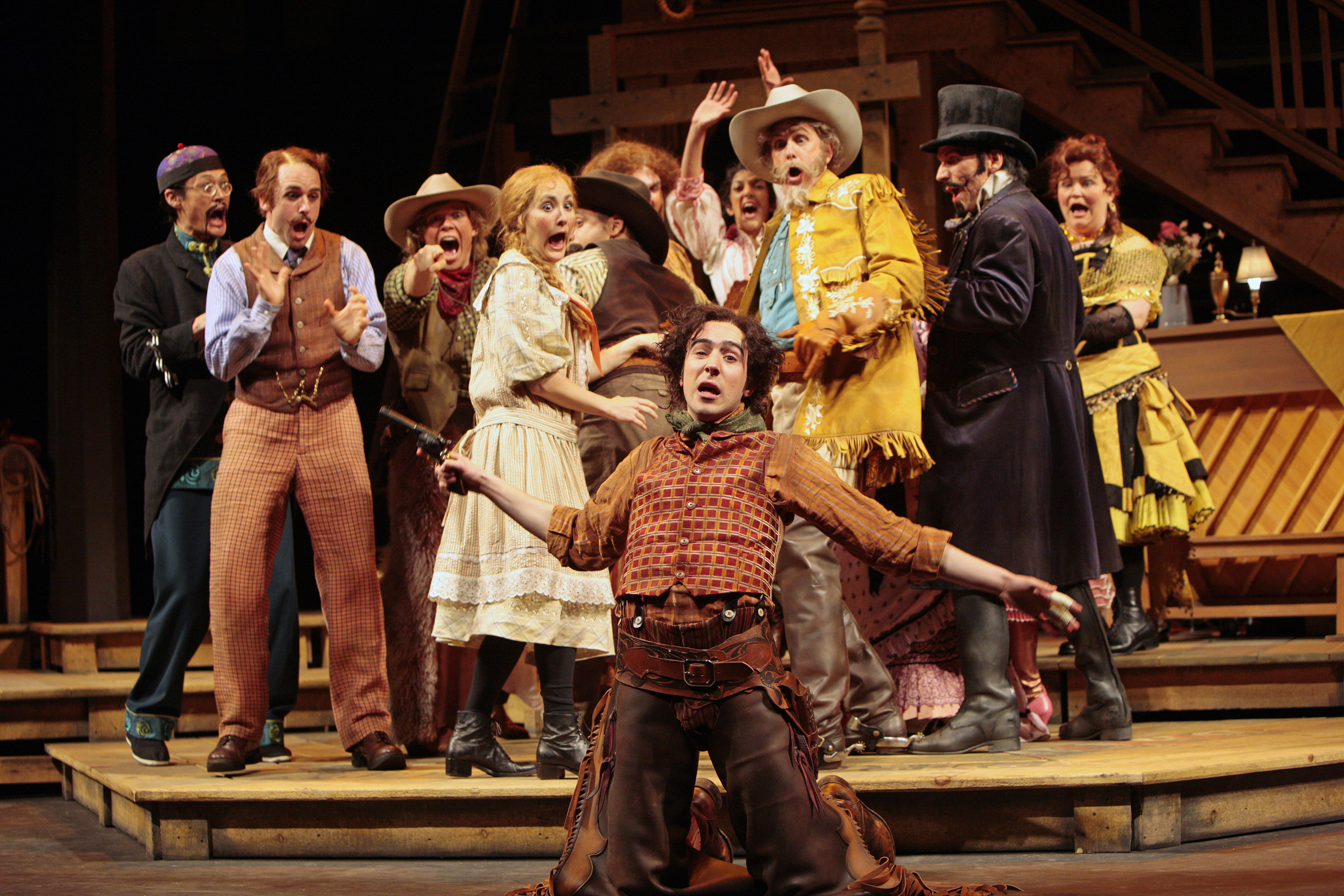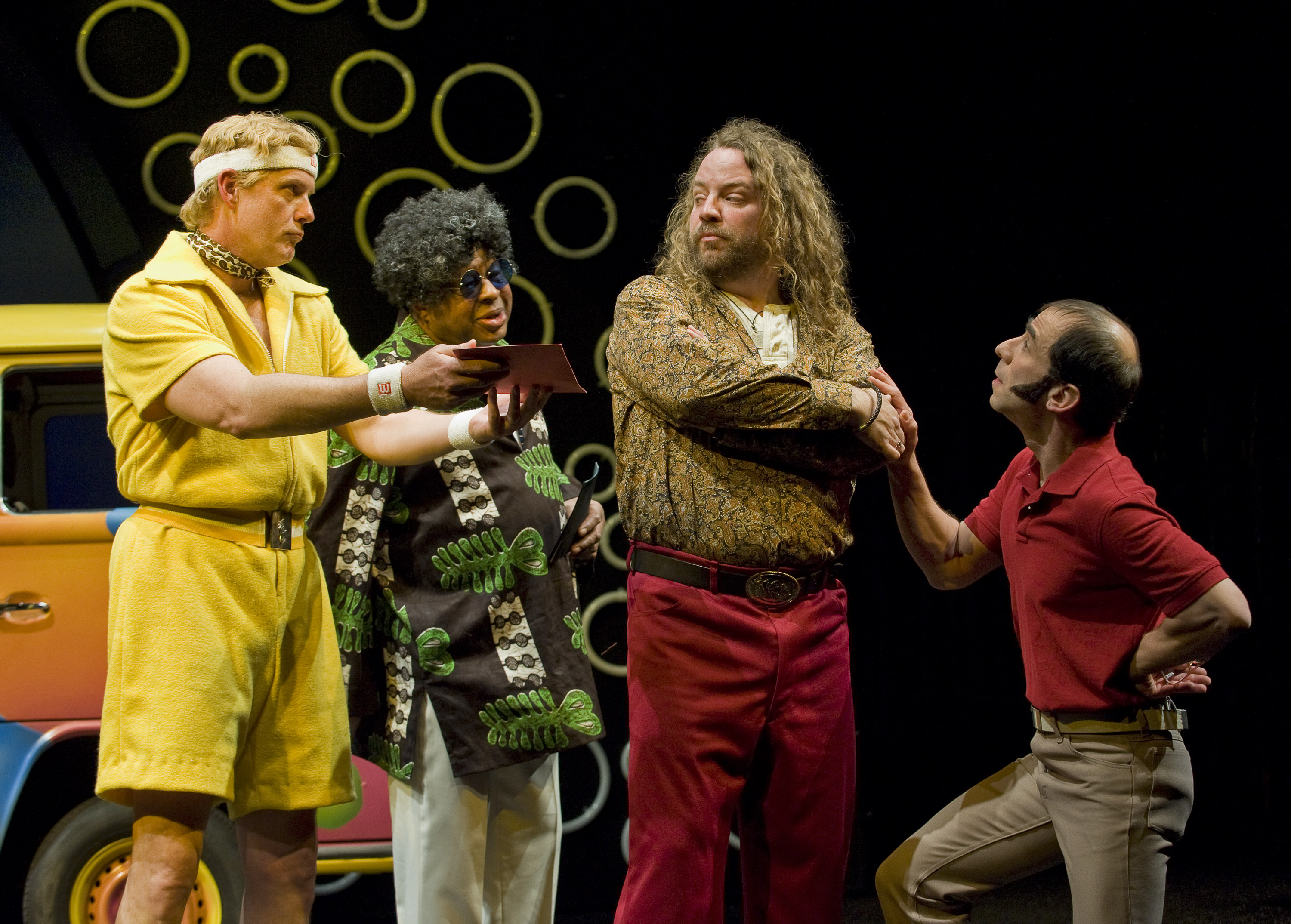 Today, we are thinking about the mirror. It’s not our fault; it’s Natalie Angier’s. Art Scatter couldn’t hold NY Times science reporter Angier in any higher regard. She manages the difficult newspaper double of 1) telling you something, often something “technical,” you don’t know and 2) explaining it in a clear and expansive way — and all in a short space! (Art Scatter could sometimes take a lesson.)
Today, we are thinking about the mirror. It’s not our fault; it’s Natalie Angier’s. Art Scatter couldn’t hold NY Times science reporter Angier in any higher regard. She manages the difficult newspaper double of 1) telling you something, often something “technical,” you don’t know and 2) explaining it in a clear and expansive way — and all in a short space! (Art Scatter could sometimes take a lesson.)
Angier’s foray into the mirror (think Alice in Wonderland) starts with Narcissus and his reflection in the pool, brushes past mirrors of antiquity, talks about some unusual medical uses of mirrors, and then gets into some surprising psychological terrain (humans behave better, it seems, when they can see themselves in a mirror), including a few paragraphs on mirrors and self image. But the shocker was straight science:
Outline your face on a mirror, and you will find it to be exactly half the size of your real face. Step back as much as you please, and the size of that outlined oval will not change: it will remain half the size of your face (or half the size of whatever part of your body you are looking at), even as the background scene reflected in the mirror steadily changes.
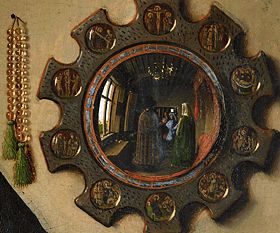 Half the size? My head must be truly massive! And I thought it was rather petite all these years. Narcissus can be forgiven for falling in love with the image in the pool, then, because it is SO much more winsome than “real life,” beset as it is with Big Heads. Although Angier talks about how humans have a far higher regard for their individual beauty than the facts bear out, she doesn’t specifically address the erotics involved in the mirror. Which when you think about it, are pretty complex. There’s the possibility of watching someone furtively, by catching them unaware in a reflective surface, for example, but we begin to map a psychosexual terrain that we’ll leave for another day.
Half the size? My head must be truly massive! And I thought it was rather petite all these years. Narcissus can be forgiven for falling in love with the image in the pool, then, because it is SO much more winsome than “real life,” beset as it is with Big Heads. Although Angier talks about how humans have a far higher regard for their individual beauty than the facts bear out, she doesn’t specifically address the erotics involved in the mirror. Which when you think about it, are pretty complex. There’s the possibility of watching someone furtively, by catching them unaware in a reflective surface, for example, but we begin to map a psychosexual terrain that we’ll leave for another day.
Continue reading Scatter looks in the mirror — and shudders


